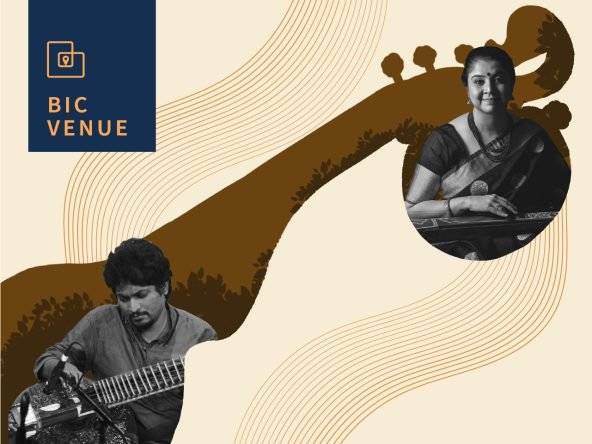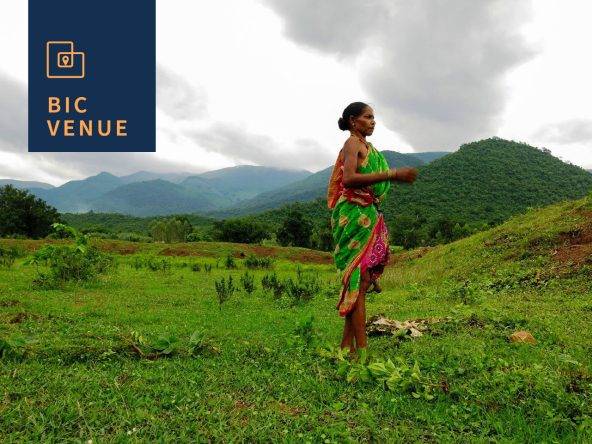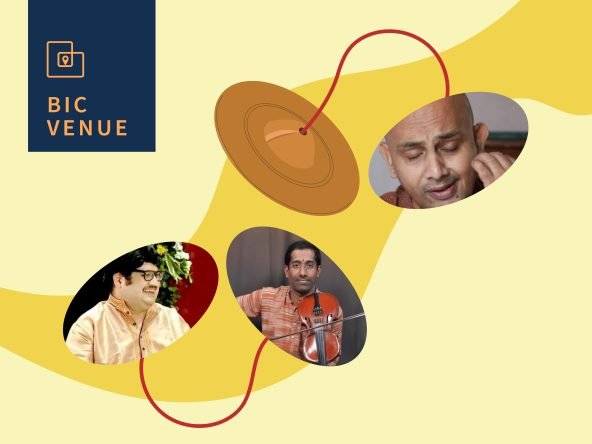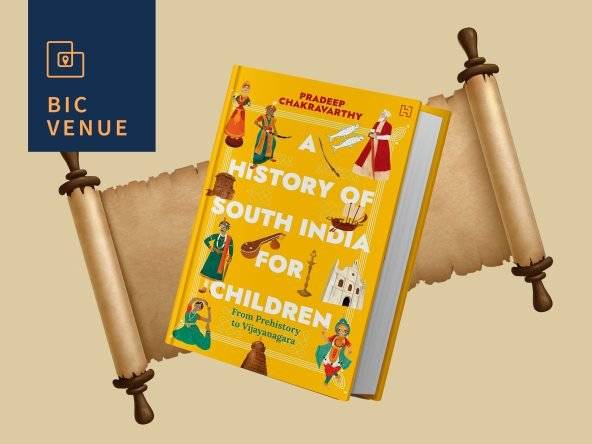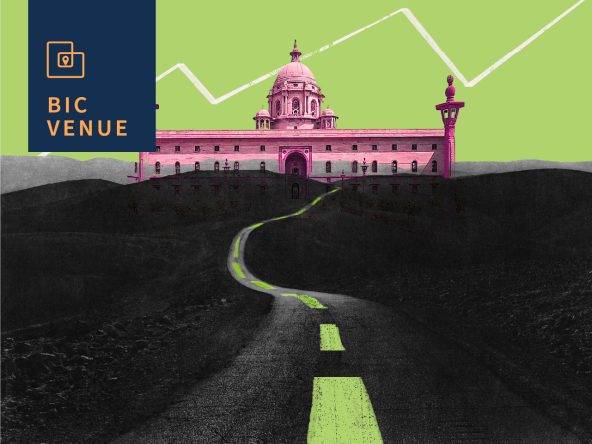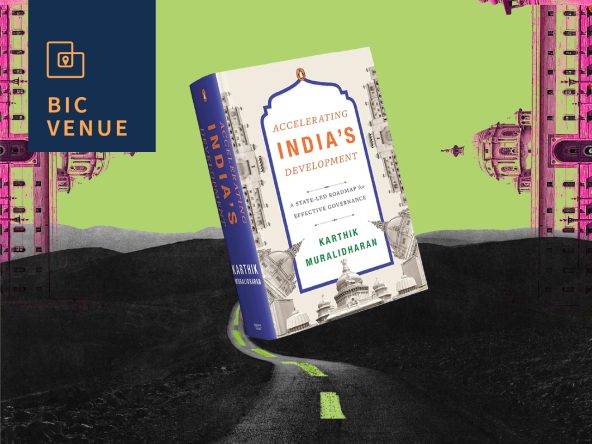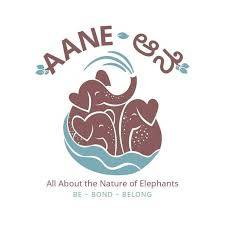What Is Science-Based Wildlife Conservation? Part 1 in the ‘Wildlife: Science with Pragmatism’ Masterclass Series
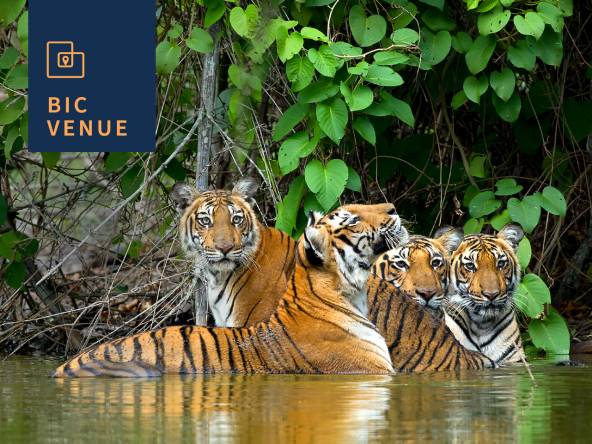
Details
Apr 04 2024 to Apr 04 2024 6:30 p.m.
EVENT HAS ENDED
Where
Bangalore International Centre
7 4th Main Rd, Stage 2, Domlur 560071
Event Description
This session will clarify the basic definitions of wildlife conservation based on science, as distinct from other approaches based primarily on emotion and ideology which are familiar to the public. It will illustrate, with examples from long term studies of ecology of tigers and other large carnivores, and their prey, how the quality of goals we set, methods we use and data we gather, are all critical elements in accomplishing effective outcomes for wild species under varied threats in our changing world. The session will begin with a talk by Ullas Karanth followed by a conversation with N. Samba Kumar and Arjun M Gopalaswamy and a Q&A session with the audience. Image credit: Thumbnail photo of Three Tigers: Diinesh Kumble Header: Eleanor Briggs Speakers Ullas Karanth Emeritus Director, Centre for Wildlife Studies Dr. K. Ullas Karanth trained as a mechanical engineer at the National Institute of Technology, Surathkal, but pursued his deep passion for wildlife biology, obtaining a Master’s degree from the University of Florida, USA and a Doctorate from Mangalore University, India (1993). He has conducted long-term research on the ecology of tigers India for four decades applying his expertise in carnivore ecology, modeling animal populations as well as conservation biology and policy. Dr. Karanth is now the Emeritus Director of the Centre for Wildlife Studies (CWS), which he founded in 1984. He is an Adjunct Professor at the University of Florida and the University of Minnesota. Dr. Karanth has published over 150 scientific articles and authored/edited/co-edited several books in English including: The Way of the Tiger (2001), Monitoring Tigers and their Prey (2002), A view from the Machan (2006), Tiger Tales (2007), Camera traps in Animal Ecology (2009), Science of Saving Tigers (2011), Science and Conservation of Animal Populations (2017) Methods for Monitoring Tiger and Prey Populations (2017), Growing up Karanth (2021) and most recently Among Tigers (2023). Image Credit: Kalyan Varma N Samba Kumar Senior Affiliate Scientist, Centre for Wildlife Studies Dr. N. Samba Kumar’s research focuses on reliably monitoring populations of large mammals and disentangling complex factors that shape their population-change patterns. He has authored two books and more than 85 scientific articles. He has also taught field survey techniques to forest department staff, local community leaders, wildlife biologists and amateur naturalists, besides conducting nature camps to students and teachers. He is currently a senior affiliate Scientist at the Centre for Wildlife Studies and Special Instructor in the Kasetsart University in Thailand. He was a management scientist at ISRO but pursued his deep-rooted passion for wildlife science by acquiring MS degree in Ecology from Pondicherry University and PhD from the Manipal University. He was conferred with the prestigious Carl Zeiss Wildlife Conservation Award in 2010, a certificate of merit in 2006 by Wildlife Conservation Society, and several other honours. Arjun M Gopalaswamy Quantitative Ecologist & Chief Scientist, Carnassials Global Dr. Arjun M. Gopalaswamy, initially an Industrial Engineer from BMS College of Engineering, veered into wildlife biology, earning a Masters degree in Wildlife Ecology and Conservation and a minor in Statistics from the University of Florida, Gainesville, USA. He achieved his PhD in Zoology from the University of Oxford, UK, and has since become a renowned quantitative ecologist, specializing in carnivores with over two decades of research in Asia and Africa. His focus on large felids and mammals has led to numerous publications in prestigious journals and involvement in training programs on population monitoring for scientists, conservationists, and forest staff. Presently, Dr. Gopalaswamy is the Chief Scientist at Carnassials Global in Bengaluru, India, a Research Associate at Nelson Mandela University, South Africa, a Technical Committee Member of the Uganda Wildlife Authority, an advisor to Milkywire AB, Sweden, and a consultant for the Wildlife Conservation Network’s Lion Recovery Fund in the USA.
